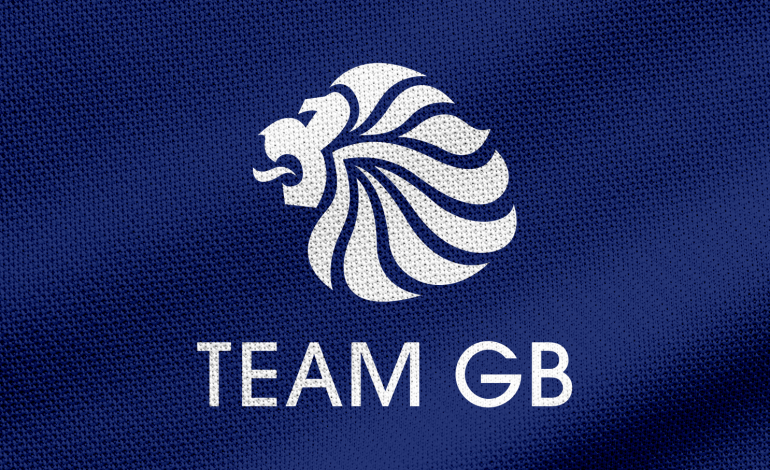Team GB releases updated Rule 40 Guidelines ahead of Tokyo 2020

Earlier this week, UK’s National Olympic Committee, the British Olympic Association (BOA) released updated Guidelines for British brands looking to sponsor Team GB athletes for promotional purposes during the Tokyo 2020 Olympics. This is the second edition of the Guidelines produced in just over 6 months and comes after a recent legal challenge launched by some of the country’s top athletes concluded in a settlement agreement between them and BOA.
What is Rule 40?
Historically, Rule 40 of the Olympic Charter of the International Olympic Committee (IOC) has been the source of a blanket ban of advertisement campaigns involving competitors, staff or officials during the Olympic Games. Designed to protect the IOC’s global-level sponsors, until late 2019, bye-law 3 of Rule 40 (Rule 40.3) read as follows:
“Except as permitted by the IOC Executive Board, no competitor, coach, trainer or official who participates in the Olympic Games may allow his person, name, picture or sports performances to be used for advertising purposes during the Olympic Games.”
However, a ruling by Germany’s national competition watchdog in 2019 concluded that Rule 40.3 was “too far-reaching”, thus, relieving German Olympic athletes from their obligations to obtain pre-approval for marketing campaigns with the country’s National Olympic Committee. As a result of the ruling the IOC agreed to relax the advertisement ban and amended Rule 40.3 to the following version, which remains in place today:
“Competitors, team officials and other team personnel who participate in the Olympic Games may allow their person, name, picture or sports performances to be used for advertising purposes during the Olympic Games in accordance with the principles determined by the IOC Executive Board.”
The new Guidelines
While the BOA issued its own “Rule 40 Guidelines” in October 2019, shortly afterwards a group of athletes represented by the law firm Brandsmiths launched legal action against the Association for its “lack of willingness to have an open conversation about Rule 40 […] and relax the unfair restrictions it places on British athletes around the Olympic Games.”[1]
In a Press Release published last month, the BOA announced the resolution of the matter by confirming that it has “agreed to provide a greater level of commercial freedom to athletes whilst preserving [its] unique funding model, with new guidelines to be published in due course.”
Earlier this week BOA followed up on its promise and published an updated version of the Guidelines for brands.
Marketing campaigns during the Olympics
Under the new guidance, non-Olympic brands who sponsor an athlete are permitted to use an athlete’s image during the Tokyo 2020 Olympics, if all of the following conditions are met:
- the athlete has provided their prior consent;
- the advertising is generic and does not contain any references to or intellectual property (e.g. logos, images) of the Games, the Olympic movement or Team GB (including in re-tweets of official Team GB or Olympic posts which may suggest a commercial association); and
- the brand has notified the BOA – and the advertising has been in-market – by 29 June 2021 (or by 13 July 2021 if the athlete depicted is selected after 29 June), and is run consistently in both nature and frequency during the Games Period (22 July – 8 August 2021). However, a new “deemed consent” policy means that BOA’s consent need not be sought.
Congratulatory and “Good luck” messages
The second major change introduced by the Guidelines relates to “thank you” messages communicated by Olympic athletes to their sponsors, as well as “good luck” wishes published by brands to sponsored athletes.
Congratulatory or “good luck” messaging by brands will only be allowed outside the Games Period and as long as they do not contain Olympic or Team GB intellectual property (or hashtags).
On the other hand, “thank you” messages by athletes are allowed during the Games Period, provided these are limited to:
- one message per sponsor per event;
- no more than one message per sponsor on any one day;
- a maximum of three per sponsor throughout the Games Period; and
- an overall cap of 10 messages throughout the Games Period.
The Guidelines contain a number of useful examples of DOs and DONTs for brands to consider before planning their campaigns in the run-up to Tokyo 2020. They are undoubtedly a welcome development by both Team GB athletes and the sponsors supporting them on route to Olympic success.
Other relevant restrictions
Notwithstanding the relaxation of Rule 40.3, there remain a number of absolute prohibitions relating to advertising promotions during the Olympic Games. These stem from the Olympic Symbol Protection Act 1995 (“OSPA”). Under Section 2 of OSPA and accompanying regulations[1], BOA is granted exclusive rights in relation to “Controlled representations” involving any of the following marks:
- the “five rings” Olympic symbol;
- the Olympic motto (“faster better stronger”); and
- the words “Olympiad”, “Olympian”, “Olympic(s)”, “Paralympiad”, “Paralympian” and “Paralympic(s)”.
Under Section 3(2) of OSPA, a person uses a “controlled representation” of the marks listed above if they, amongst other things:
- affix it to goods or the packaging thereof;
- incorporate it in a flag or banner;
- put on the market goods which bear it or whose packaging bears it;
- use it on business papers or in advertising.
It should be noted that under Section 8 of OSPA, breach of the legislation can lead to criminal sanctions. Therefore, regardless of BOA’s relaxation of Rule 40, brands must avoid the use of Olympic or Paralympic symbols or words in advertising and on packaging unless they have BOA’s prior permission to do so. Nevertheless, the recent changes provide much-needed flexibility for brands and athletes alike.
References
[1] https://brandsmiths.co.uk/resources/Rule_40_Questions_Answered.pdf
[2] Olympics Association Right (Appointment of Proprietor) Order 1995 SI 1995/2473
